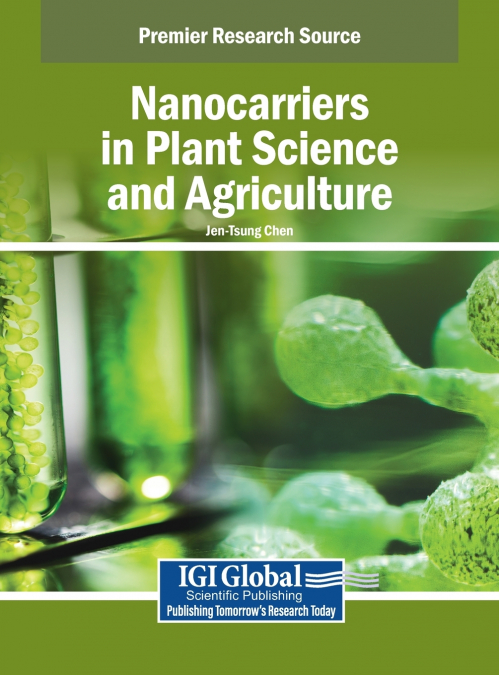
Jen-Tsung Chen
For decades, nanomaterials have been widely recognized for their benefits in biological applications that are mostly contributed by the engineered structures for the capacity to carry chemicals and biomolecules to the target sites. In plant research and agricultural biotechnology, nanocarriers are expected to enhance plant growth and development by delivering a range of cargos. Additionally, nucleic acids may enhance genetic engineering and epigenetic modulations. Thus, strategies based on nanocarriers may be used for crop breeding and managing plant abiotic stress and diseases, offering valuable resources for the field of agriculture. Nanocarriers in Plant Science and Agriculture fills the knowledge gap in the molecular mechanisms of nanocarriers and highlights the subtopics of their applications on genetic engineering and genome editing such as clustered regularly interspaced short palindromic repeats (CRISPR)-edited crops and delivering chemicals. Additionally, it includes critical types of nanocarriers are included such as biogenic nanocarriers, metallic nanocarriers, polymeric nanocarriers, and carbon nanotubes. Covering topics such as targeted delivery, carbon nanotubes, and pesticides, this book is an excellent resource for plant scientists, materials scientists, agriculture biotechnologists, professionals, researchers, scholars, academicians, and more.